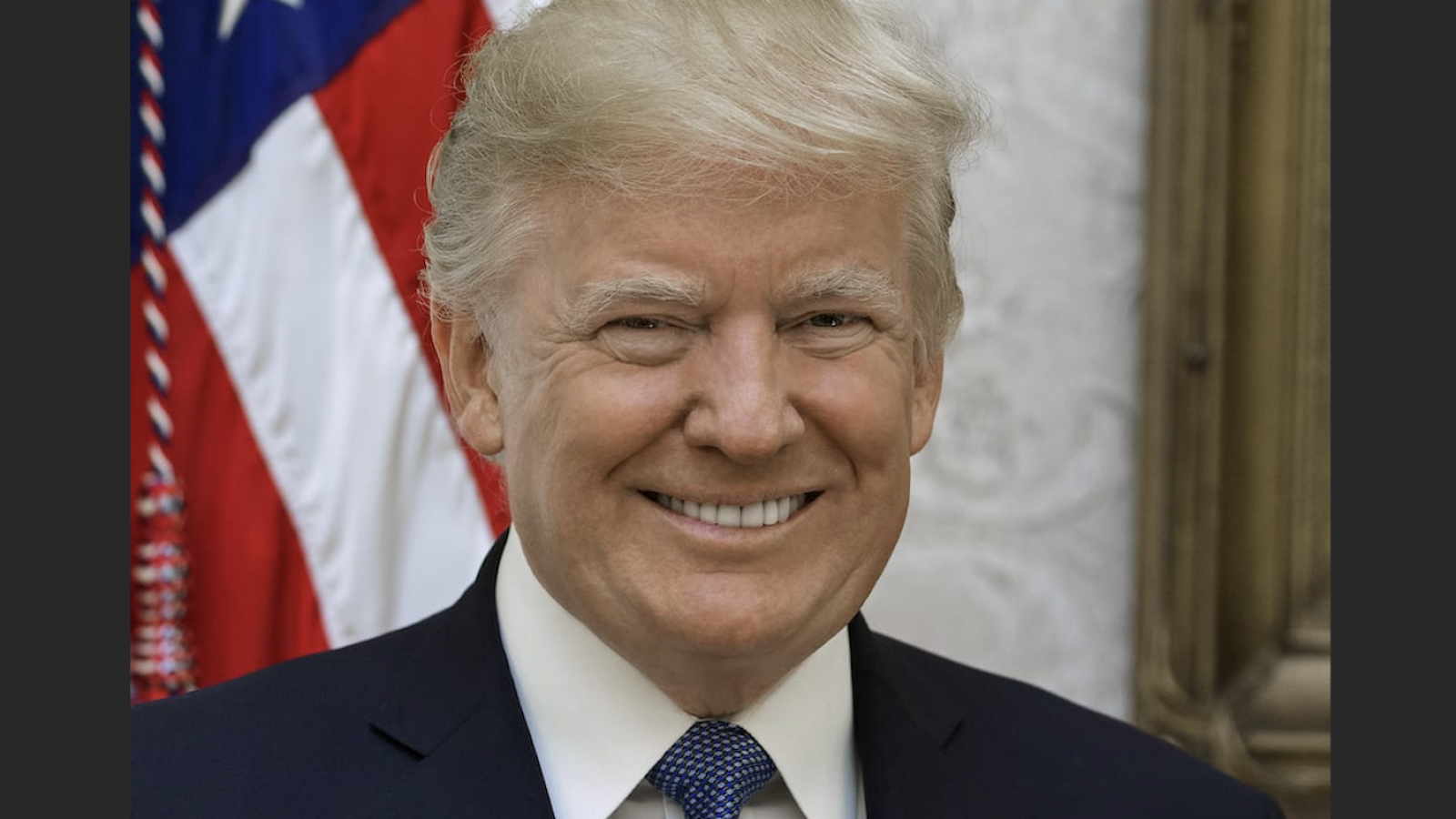I know it sounds wild, right? It’s also true.
President Trump’s recent appeal in the New York City ‘fraud’ case heavily cites a judicial opinion from the late Supreme Court Justice.
The appeal largely hinges on the ruling in the Timbs v Indiana case, where the Supreme Court ruled unanimously in favor of Tyson Timbs.
In that case, the state of Indiana attempted to confiscate a $42,000 vehicle to cover $10,000 in fines owed by Timbs.
The court ruled that Indiana could not confiscate the vehicle due to the Eighth Amendment, which prohibits excessive fines and cruel or unusual punishments.
Obviously, the $454 million judgment against President Trump qualifies as an excessive fine. This is made more so by the fact that there were no injured parties—absolutely none. Here’s what everyone is saying:
An opinion by former Supreme Court Justice Ginsburg is cited heavily in President Trump’s appeal of the $454 million judgment by Judge Arthur Engoron.
Bader Ginsburg is standing with President Trump from the grave!
Thank you, Ruth! pic.twitter.com/29ruQ5Wb7E
— Nick Adams (@NickAdamsinUSA) February 27, 2024
Civil Libertarian Tom Hunter provided some advice for the Trump legal team:
“Dear Trump NY fraud case legal team: Screw the appellate process in NY. Go straight to District Court SDNY, and apply for an emergency stay during an appeal there based on multiple constitutional claims:
(i) violation of due process rights under 14th Amendment.
(ii) a possible Section 1983 counterclaim seeking damages for state violation of due process and other civil rights.
(iii) a claim of Brady Rule violations (which may have limited discovery or resulted in incomplete discovery in the NY proceedings).
(iv) violation of the 8th Amendment prohibition on excessive fines – a tick under a half Billion Dollars including pre-judgment interest of nearly $100 Million, plus post-judgment interest accruing at nearly $100K per day, with no proof of any compensatory damages.
(v) challenging the constitutionality of Executive Law 63(12) on vagueness grounds (63(12) is impossibly vague, ambiguous and internally inconsistent).
The emergency basis of the application for stay would be based on the fact that the fine must be paid within 30 days and is a condition of appeal in the state court system, which will result in grave and irreparable harm to the applicant.
This should get the matter into the federal system – where they will have a better chance of success – quickly.”
Dear Trump NY fraud case legal team: Screw the appellate process in NY. Go straight to District Court SDNY, and apply for an emergency stay during an appeal there based on multiple constitutional claims: (i) violation of due process rights under 14th Amendment; (ii) a possible…
— Tom Hunter (@TomHunt17926062) February 23, 2024
Newsmax featured a portion of Ginsberg’s opinion in the Timbs case:
“The prohibition embodied in the Excessive Fines Clause carries forward protections found in sources from Magna Carta to the English Bill of Rights to state constitutions from the colonial era to the present day,” Ginsburg argued in the case.
“Protection against excessive fines has been a constant shield throughout Anglo-American history for good reason: Such fines undermine other liberties.”
Real estate investor Grant Cardone had this to say about the verdict: “WOW! Trump Organization ordered to pay $364M in NY civil fraud trial by Judge Engoron. A case with 0 victims, All loans were repaid, The Lenders testified in defense of Trump Hotels. FEWER & fewer places to do business without gov’t intervention. Will it be won on appeal?”
WOW!
Trump Organization ordered to pay $364M in NY civil fraud trial by Judge Engoron.
A case with 0 victims, All loans were repaid, The Lenders testified in defense of Trump Hotels.
FEWER & fewer places to do business without gov’t intervention.
Will it be won on appeal?
— Grant Cardone (@GrantCardone) February 16, 2024
NY AG Letitia James, who ran for office promising to bring down Donald Trump, is now taunting the former president by posting on X each day's additional interest in the massive judgment she won against him. Could be premature, given Trump appeal, but she seems to be enjoying it. pic.twitter.com/GrIfSxzudU
— Byron York (@ByronYork) February 27, 2024
Western Journal explained:
New York Attorney General Letitia James’ office built its case on New York Executive Law 63(12), which does not require damages to be shown and grants the court the power to impose whatever penalties the judge deems proper.



Join the conversation!
Please share your thoughts about this article below. We value your opinions, and would love to see you add to the discussion!